WCCM Academy
Contemplative Living
-
The WCCM Academy
The Academy offers a programme of inter-disciplinary study in the context of contemplative practice. It is grounded in the Christian contemplative tradition, particularly as passed on through John Main and Laurence Freeman and the worldwide body of teachers of the WCCM. It is inspired by meditation as a universal and unifying source of wisdom and it believes this wisdom can be enacted and applied across all of human life-experience and society. The Academy is based on ecumenical, interfaith and inclusive values. We believe that contemplation generates peace and wisdom which are the necessary foundations for justice.
Multilocal within a global spiritual family, the Academy operates both online and with in-person events at Bonnevaux, in France, the WCCM spiritual home.
-
The Academy and the Vision
Human history has reached a turning-point. This is widely acknowledged on several fronts, from culture, politics, religion and most urgently global ecology. The challenges are frighteningly complex, creating reactions of fear, denial and panic. Reflecting on and living with these issues, as the WCCM has been doing for many years, we, with other contemplative movements, have come to see that the priority response must be a change of consciousness.
Read the full introduction on the Academy and the Vision by Laurence Freeman here.
-
Application form
If you are interested in studying in the second cohort of the WCCM Academy, please fill out the application form and we will get in touch to put you forward for the admissions process.
Contact
Do you have any questions? Please contact us at lucie@wccm.org
-
Study Programme
The study programme lasts for two years and is open to everyone who wishes to deepen their contemplative approach to life through a combination of study and practice. The Academy year is composed of three eight-week terms. Classes, seminars and meetings with guides are usually online. Three residental study and practice weeks together will be part of the annual programme at the beginning and end of the year and all students and faculty are encouraged to participate in person.
You can read some testimonies from the first cohort below. We are looking forward to welcoming our second cohort of the WCCM Academy in 2025.
The second two-year cycle of the Academy will launch in Spring 2025 and conclude in Spring 2027. We will open a group of maximum 36 students.
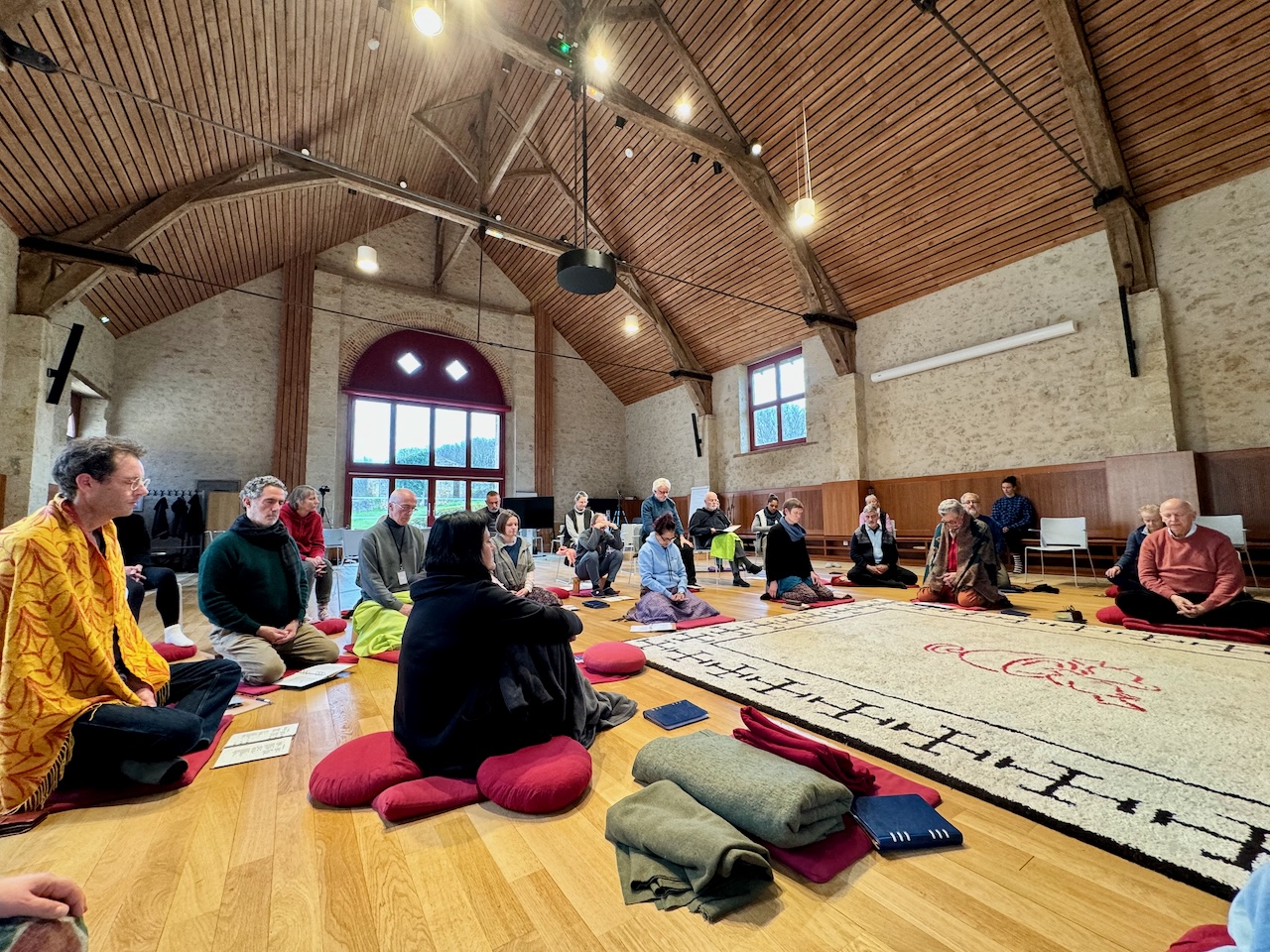
” the experience for all of us, I can see and we all can see is being mainly, deeply transformative. And I can even say that though I’m 62 it’s life changing. It’s an experience that I could never imagine when I entered that it would be what it’s being and what and how it will grow in the following months until we finish.”
Sergio Sensat, Spanish student of the first cohort
” A contemplative prayer had opened a door into a new way, and the Academy has provided a safe space and the tools to explore this way of faith more deeply.”
Ruth Jackson, UK student from the first cohort
-
The Academy and Bonnevaux
An important part of the Academy’s programme are the three week-long residencies we offer. As we expect more students from Australia and Asia in this the second cohort, two meetings (first and last) will be in Bonnevaux and one meeting (after the first year) will be in Malaysia. We want to make travel easier for everyone who would like to register.
The residencies are opportunity to meet fellow students, the faculty and the Bonnevaux community in person. During the week, the students are connected through the rhythm of prayer, work and study. We are also offer bodywork sessions. The lived experience of a meditation community is essential in offering a practical guide to a more contemplative attitude that can be brought back to our ordinary life at home and work.

The First cohort in Bonnevaux
“I think the academy is a beautiful, challenging and new way to explore the contemplative path and to really learn incorporate and live from the love of God in everyday life.”
Student of the first cohort
-
Guidance
Guidance is an integral part of the Academy experience. As personal growth is central to the combined approach of study and practice, each student will have regular meetings with a guide. Each guide has a background of contemplative practice and experience and will help the student to integrate the different elements of their Academy experience and balance it with their life-responsibilities.
Students will be encouraged and supported by their guide to develop a personal project that expresses their own way of integrating what they are learning and how they are growing with how they are living and serving others.
The aim of our study-practice approach is to cultivate a fuller contemplative life in each student. This is a gift seen as a way to heal the wounds of division in the world of the student and in the world at large. The students in the program are helped to develop this sense of ‘growth for others’ in their sense of vocation and service by coming to the fullness of their humanity and by deepening their consciousness of God’s indwelling spirit.
-
Study overview
The syllabus rests on a broad, interconnected curriculum with a holistic and integral approach to learning and dialogue. The average time commitment will be about 7 to 9 hours per week in trimesters.
The three levels of the syllabus in each term are:
- The Christian Contemplative Tradition
- The study of core elements of Christian theology and the art of reading scripture from a contemplative perspective. An introduction to the student to the range and depth of the Christian mystical teachers.
- Contemplative wisdom in Christianity and other traditions
- The interfaith dialogue .A study of the parallels, common elements and the importance of the differences between traditions.
- Applying contemplative consciousness to the problems of our world
- Bringing students together with contemplative practitioners with in-depth experience and insight in diverse fields such as science, work, politics, environment, etc.
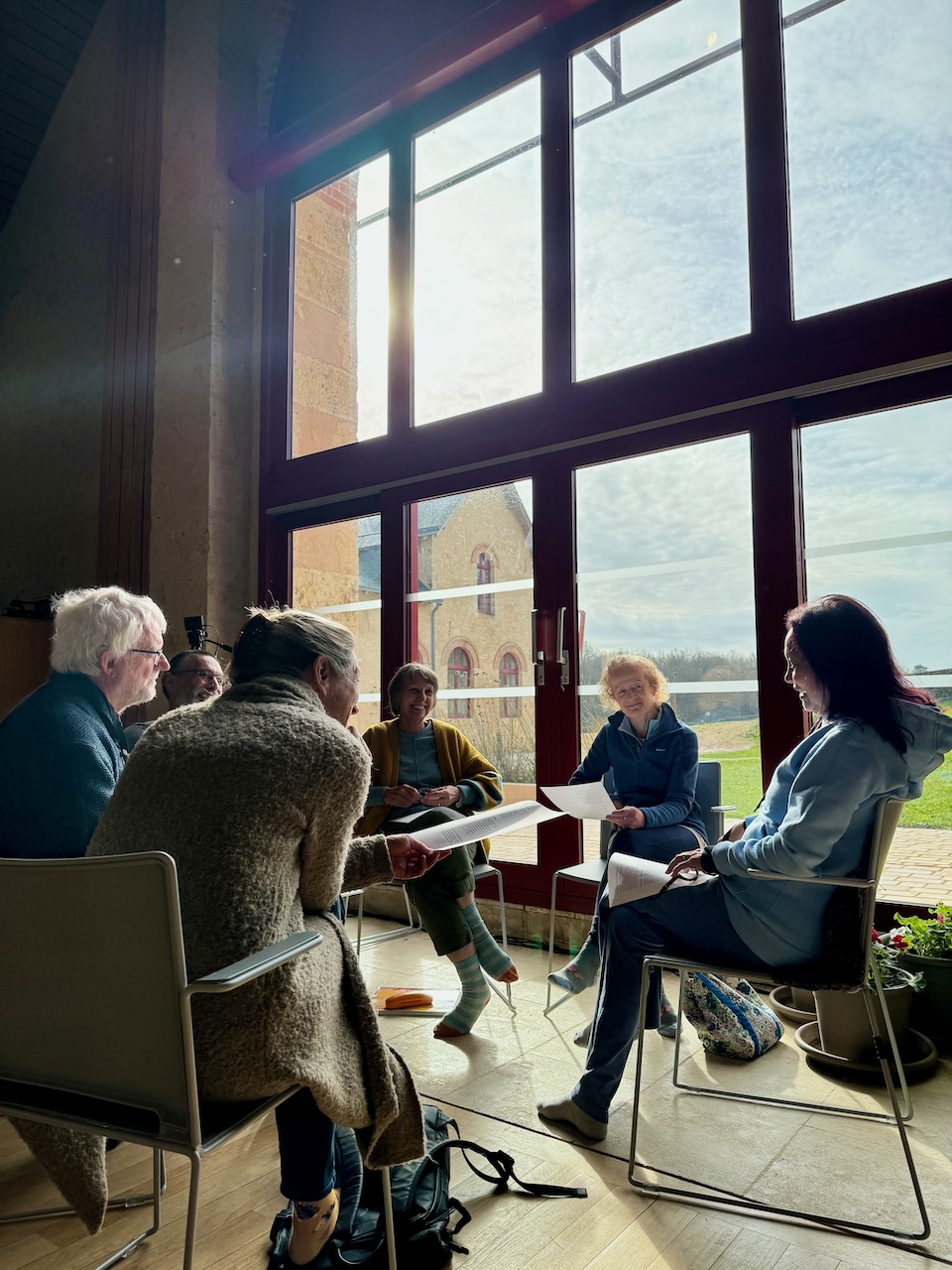
Study Group in Bonnevaux
Year 1
1 – Contemplative Christianity
- Revelation
Looking at creation, human nature and transcendence. Different kinds of revelations will be studied particularly in the biblical tradition.
(God as Creator). - Incarnation
Word made flesh. Reflection of the incarnated logos in the human condition.
(God as Son) - Unity
Dealing with all manifestations of spirituality. (God as Spirit).
2 – Contemplation and the world
3 – The Roots of Christian Mysticism
- This is a very popular online course for a personal which explores mystical teachers and schools from Jesus to the present day. This course has been updated for the WCCM Academy. There will be scheduled meetings with the creator of the course Dr Stefan G Reynolds the and the author of its inspirational source, the book ‘Journey to the Heart’, Kim Nataraja.
Year 2
1 – Contemplative Christianity
- Community
Church institutions, ecumenism and their history and future. Impact of the churches (positively and negatively) on society and the world. New forms of religions today and looking for a mystical core of institutions.
- Prayer
Different forms of prayer in the Christian tradition (wheel of prayer). Study liturgy, sacraments and devotionalism and find a new language about worship.
- Art
Searching for universal transcendence and the contemplative nature of art. Study of beauty in literature, painting and architecture.
- Community
2 – Contemplation and the world
3 – Interfaith dialogue
- Studying the contemplative core of major religious traditions, reading and reflecting on sacred texts, and dialogues with representatives of different faiths.
„It’s been worth the experience. I have learnt a lot, made valuable relationships, broadened my mind, and I am very grateful I signed up.
Student of the first cohort
-
Dates and Time-Commitment
The two-year programme is presented through six trimesters (eight weeks each). The academic year is structured as follows:
- First trimester Mid-April to Mid-June
- Second trimester Mid-October to Mid-December
- Third trimester Mid-January to Mid-March
Teaching days will generally be Tuesdays and Thursdays (or exceptionally on Mondays).
The second cohort beginning March 2025 is more suitable for those from the Australia and Asia time zones, when classes will be in the evening / late afternoon. If you are from Europe or Africa you must expect classes to start in the morning or around noon.Classes are recorded and may be viewed later but we expect active participation in online meetings.
Classes will start usually at 8 pm Australian Eastern Time (UTC+10) as the main time all year round. Because of daylight changing time, there will be different starts during the year in different timezones. For example:
October to April:
Singapur, Manila, Kuala Lumpur – 5.00 pm
Europe (CET) – 10.00 am
United Kingdom (GTM) – 9.00 am
April to October:
Singapur, Manila, Kuala Lumpur – 6.00 pm
Europe (CET) – 12.00 am
United Kingdom (GTM) – 11.00 am
The dates for residential weeks:
- 18 March to 25 March 2025 (Bonnevaux)
- March 2026 (Malaysia)
- Spring 2027 (Bonnevaux)
-
Application form
Registrations are now closed. If you are interested, we can let you know when applications for the third cohort (especially suitable for Europe and America) are open, email us at vladimir@wccm.org.
We would be grateful if you would consider your support for the Academy WCCM project.
Contact
Do you have any questions? Please contact us at lucie@wccm.org
-
Faculty
These are the WCCM Academy teachers, due to the time shift for the second cohort they will not all be able to teach. The final form of the teaching staff for the second cohort will be finalized.
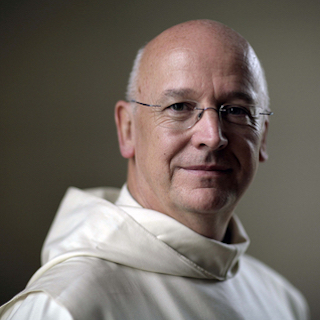
Fr. Laurence Freeman OSB
Laurence Freeman is a monk of the Benedictine Congregation of Monte Oliveto Maggiore and Director of The World Community for Christian Meditation (WCCM) a global, inclusive contemplative community. He studied English Literature at New College, Oxford University. Before entering monastic life, he worked with the United Nations in New York, in Banking and Journalism. Fr. Laurence is the author of a number of books on Christian Meditation. He travels extensively giving presentations and leading Christian Meditation Retreats.
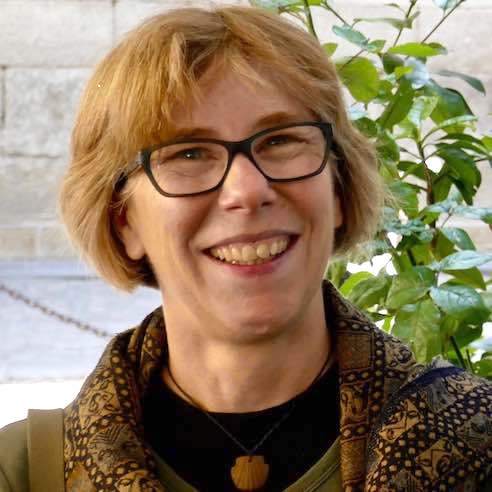
Dr Sarah Bachelard
Sarah Bachelard is an Anglican priest and theologian based in Canberra, Australia. She is an Honorary Research Fellow at the Australian Catholic University, with special interests in philosophy, ethics and spirituality. She is the founder and leader of Benedictus Contemplative Church, an ecumenical worshipping community with a practice of silent meditation at its heart, and is a member of The WCCM. In 2006 she served as Director of the John Main Centre for Meditation and Interfaith Dialogue at Georgetown University. Sarah Bachelard is the author of Experiencing God in a Time of Crisis and Resurrection and Moral Imagination.
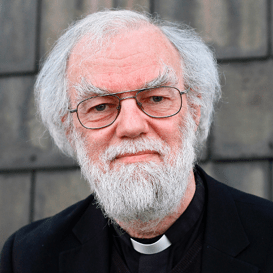
Dr Rowan Williams
Rowan Williams is an Anglican bishop, theologian, and poet. He was ordained as a priest in 1978. From 1977 to 1992, he served as a teacher, dean, and chaplain in Cambridge, and as a professor of theology at Oxford. In 1992, he became the Bishop of Monmouth, and in 2000, the Archbishop of Wales. In 2002, he was elected the 104th Archbishop of Canterbury, becoming. He is the author of numerous religious books and he is one of the patrons of WCCM.
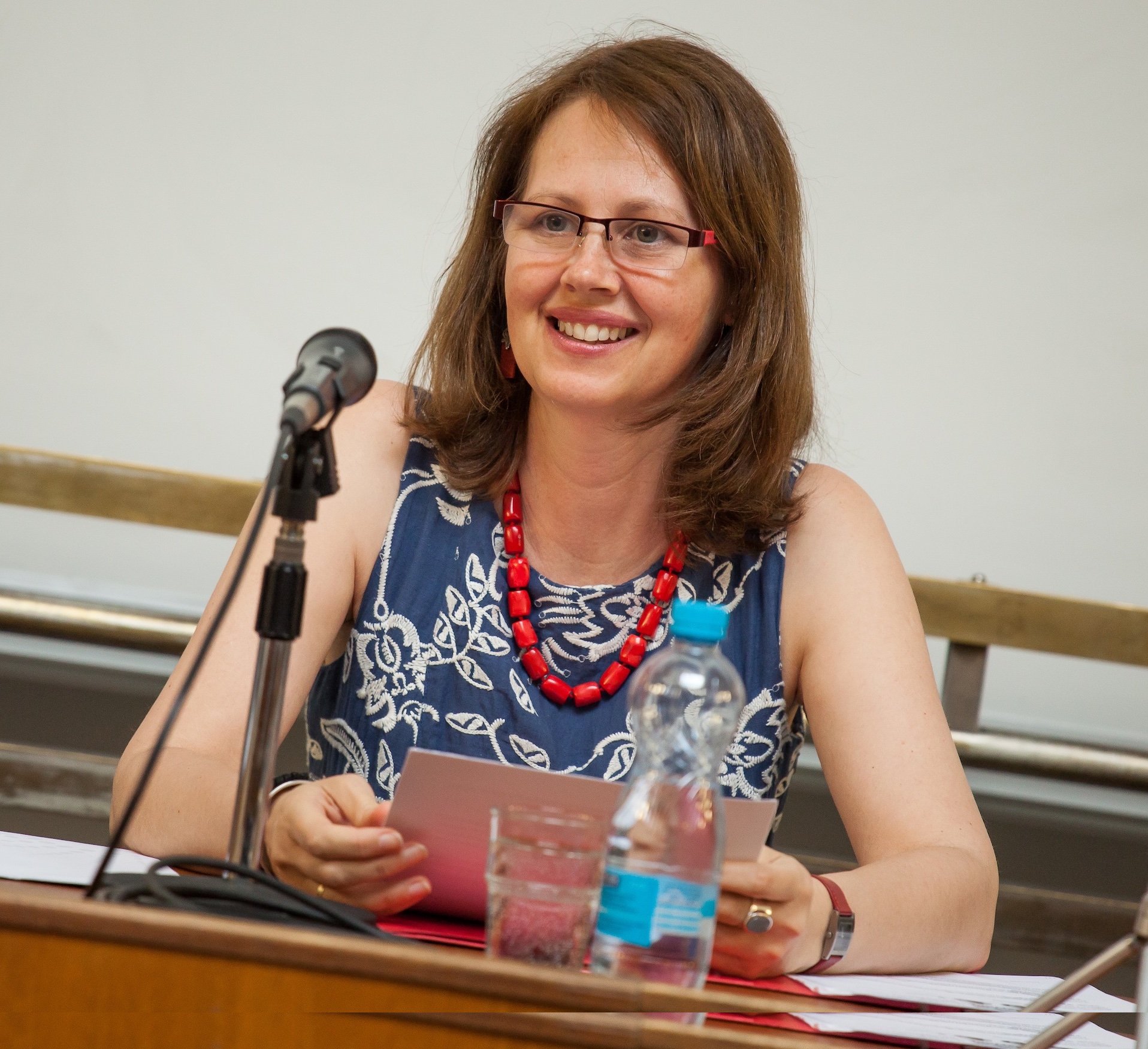
Prof. Ivana Noble, PhD
Ivana Noble is a professor of Ecumenical Theology at the Protestant Theological Faculty of Charles University in Prague, priest of the Czechoslovak Hussite Church and former president of the European Association for Ecumenical Theology Societas Oecumenica. She teaches and publishes in the areas of ecumenical systematic theology, fundamental theology, Orthodox theology, hermeneutics, theology of culture, theological anthropology, political theology and Christian spirituality. Ivana is a retreat leader, spiritual guide, visual artist and poet.
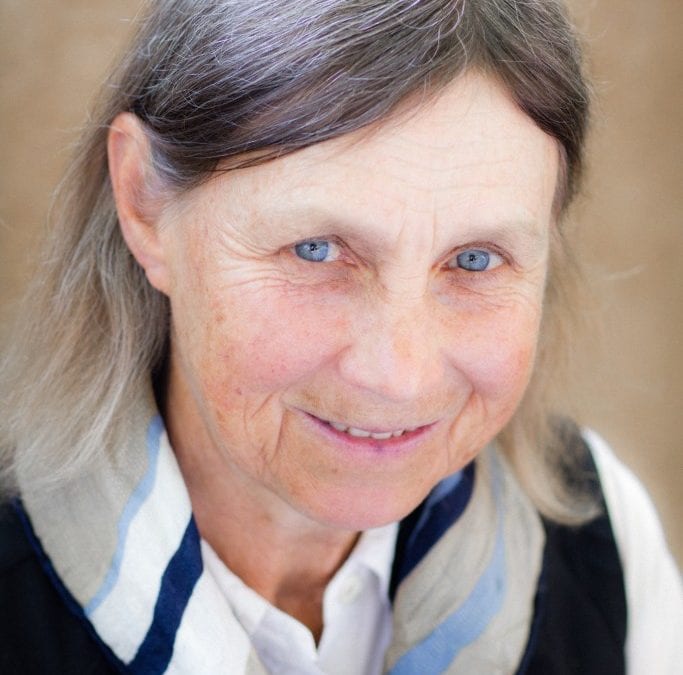
Rev. Dr Cynthia Bourgeault, PhD
Cynthia Bourgeault is a modern-day mystic, Episcopal priest, writer, and internationally known retreat leader. She holds PhD in Medieval Studies and specialized in early music and liturgical drama. Along with Richard Rohr and James Finley, she is one of the founding core faculty members of the Center for Action and Contemplation (CAC). She is the author of numerous books. Cynthia balances contemplative practice and solitude with regular global travel, teaching widely and helping with the ongoing contemporary recovery of the Christian contemplative and Wisdom paths.
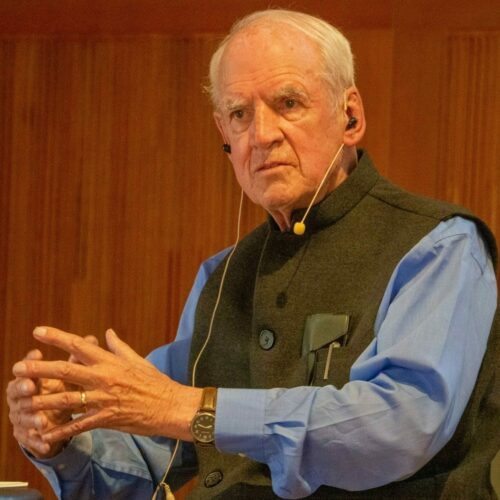
Prof. Charles Taylor
Charles Margrave Taylor is a Canadian philosopher, political theorist and public intellectual. His work bridges the gap between philosophical theory and political action and covers various subjects, including multiculturalism, modernity, humanity, morality, artificial intelligence, and language. He was appointed a member of the Companion of the Order of Canada, the country’s highest civilian honour. He was also a winner of many prizes, including the Templeton Prize for Progress Toward Research, and the Kyoto Prize. His writings have been translated into more than 20 languages.

Herman van Rompouy
Herman van Rompuy is a politician who served as Prime Minister of Belgium and later as the first permanent President of the European Council, from 2009 to 2014. He holds a Bachelor's degree in Philosophy and a Master's degree in Economics from the university K.U. Leuven. He is the recipient of several honorary doctorates and a number of major international awards. Herman van Rompoy is acknowledged as a seasoned statesman of stature and wisdom. He also contributes from his contemplative experience in talks to his fellow meditators in the WCCM.
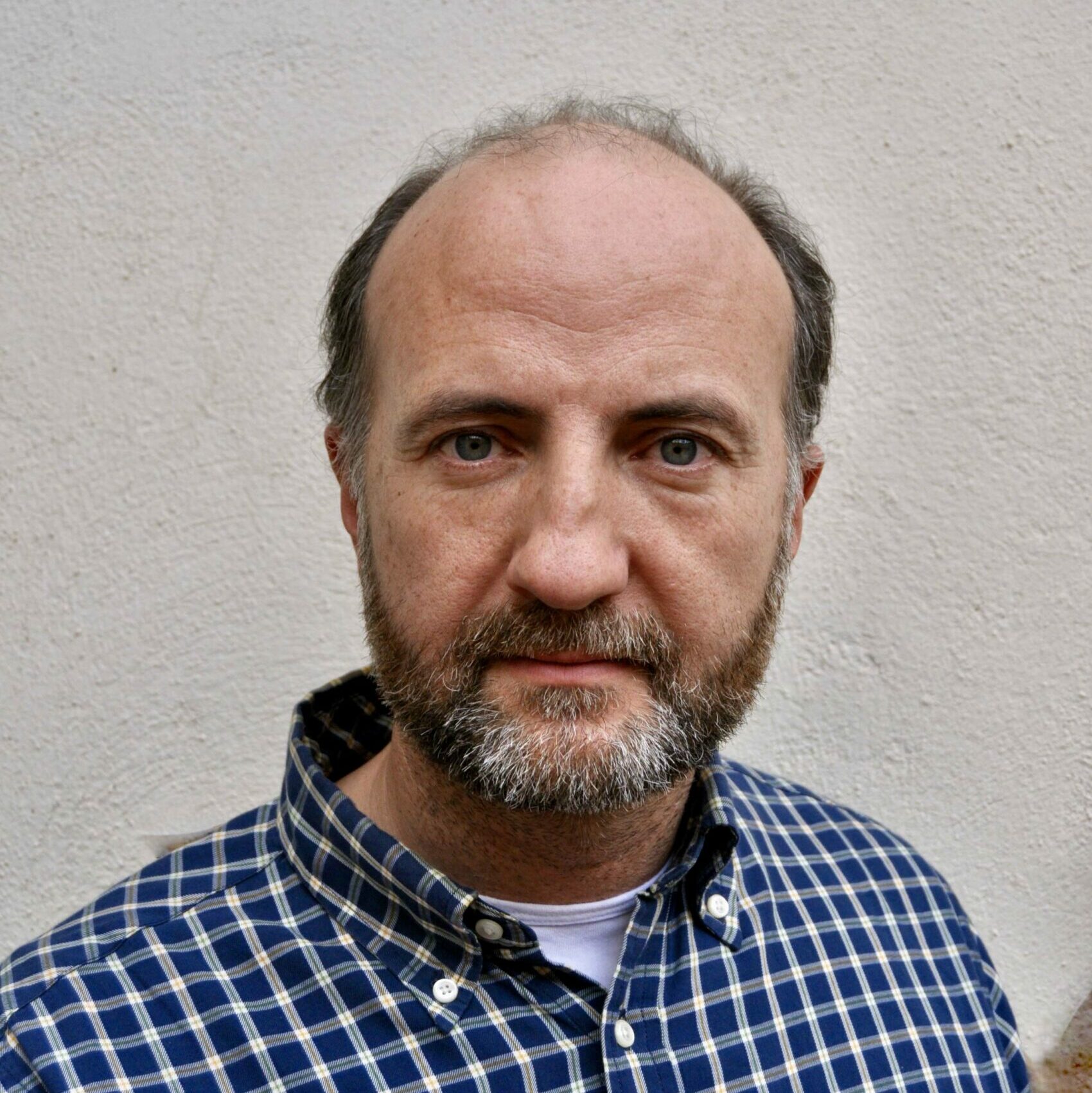
Dr Marco Schorlemmer
Marco Schorlemmer is a research scientist at the Artificial Intelligence Research Institute of the Spanish National Research Council (CSIC), and a lecturer at the Universitat Autònoma de Barcelona. His research is on knowledge representation and reasoning, multiagent systems, and computational creativity. He also serves on the board of the 'País Conscient' association, which continues the 'National Plan for Values' initiative launched by the Government of Catalonia. Marco is currently the WCCM Coordinator for Science and Technology and leads a university meditation group.
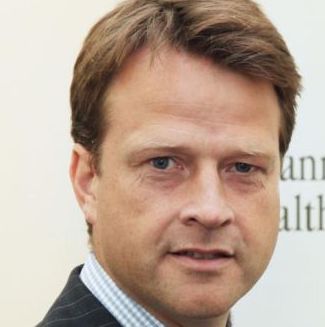
Dr Barry White
Dr Barry White is a Consultant Haematologist from Dublin and he was the first National Director of Clinical Care for the Irish Health Executive. He has been working with Laurence Freeman to teach meditation at the Royal College of Physicians of Ireland and to the healtchare environment. He was speaker at the John Main Seminar, September 2018, in Bruges, Belgium, speaking on “A contemplative practice to transform healthcare.”
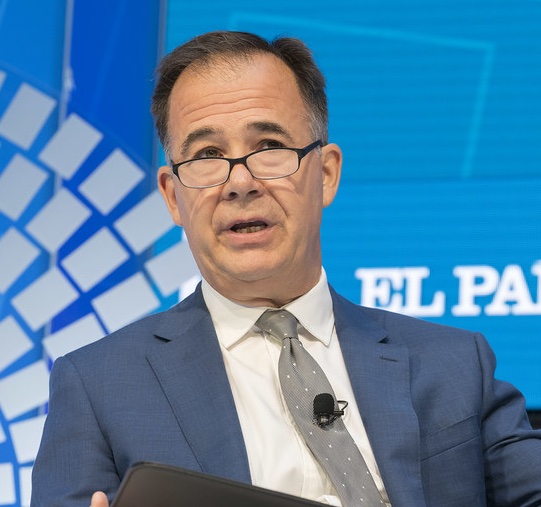
Prof. Sean Hagan
Sean Hagan is currently a Visiting Professor at Georgetown Law School. He was the IMF’s General Counsel in years 2004-2018. Prior to beginning work at the IMF, Professor Hagan was in private practice, first in N. Y. and subsequently in Tokyo. Professor Hagan received his Juris Doctor from the Georgetown Univ. Law Center and also received a Masters of Science in International Political Economy from the London School of Economics and Political Science. During the 2018-2019 Academic year, Professor Hagan has been Visiting Fellow at Oxford University (Exeter College).

Giovanni Felicioni
Giovanni Felicioni is the former Associate Director of Bonnevaux. He has been involved with the WCCM since its inception, serves on its Guiding Board and is a Benedictine Oblate. Giovanni’s professional career spanned 30 years as a bodyworker, movement instructor and therapist in London and Europe. He studied yoga with visionary and pioneer Mary Stewart (Vanda Scaravelli) and regularly taught on her London-based Yoga Teacher Training. He is a certified Advanced RolferR, a Rolf Movement™ practitioner and has served on the faculty of the Rolf Institute since 2000. Giovanni taught for Independent Dance, founded in London by Siobhan Davies, Gill Clarke and Fiona Milward. He taught the Masters in Creative Practice at Trinity Laban, run by Independent Dance and Siobhan Davies Dance. He was also a contributor at the PAL, Movement and Meaning laboratories, founded by Gill Clark and Susan Benn. In 2012 He founded the British Academy of Rolfing in London. Most importantly, these 30 years of personal research into the relationship between touch, movement, awareness and contemplation led him to over two decades of study with movement scientist Hubert Godard during Hubert's development of Tonic Function Theory.
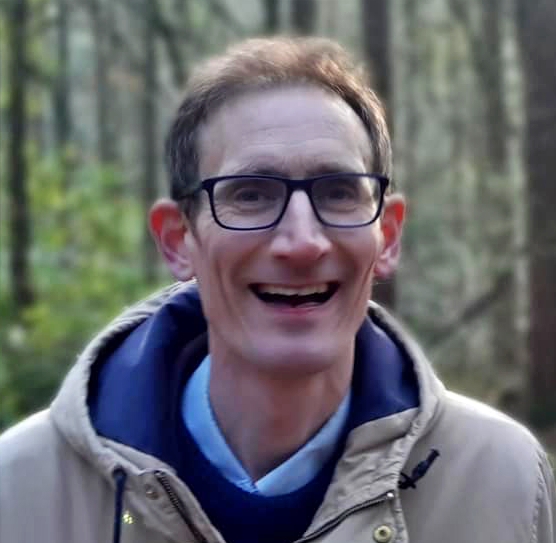
Dr Stefan Reynolds PhD
Stefan Reynolds is Retreat Director at Mount Melleray Abbey, Co Waterford, Ireland. He has a PhD from London University in Christian Spirituality and two MA’s in History of Christianity and in Inter-Religious Dialogue. He is the author of Living with the Mind of Christ : Mindfulness in Christian Spirituality (DLT, 2016) and The Wisdom of Love in the Song of Songs (Hikari, 2018). He teaches Christian Meditation and is author of the online Roots of Christian Mysticism Course.
-
Tuition fees and applications
Tuition fees are a minimum of £1700 up to £2200 per year. Those who can afford to pay above the minimum amount help us financially support other students. Travel and other expenses are not covered by tuition.
If you want to join the Academy but need financial assistance, please contact us.
-
Application form
If you are interested in studying in the second cohort of the WCCM Academy, please fill out the application form and we will get in touch to put you forward for the admissions process.
Contact
Do you have any questions? Please contact us at lucie@wccm.org
